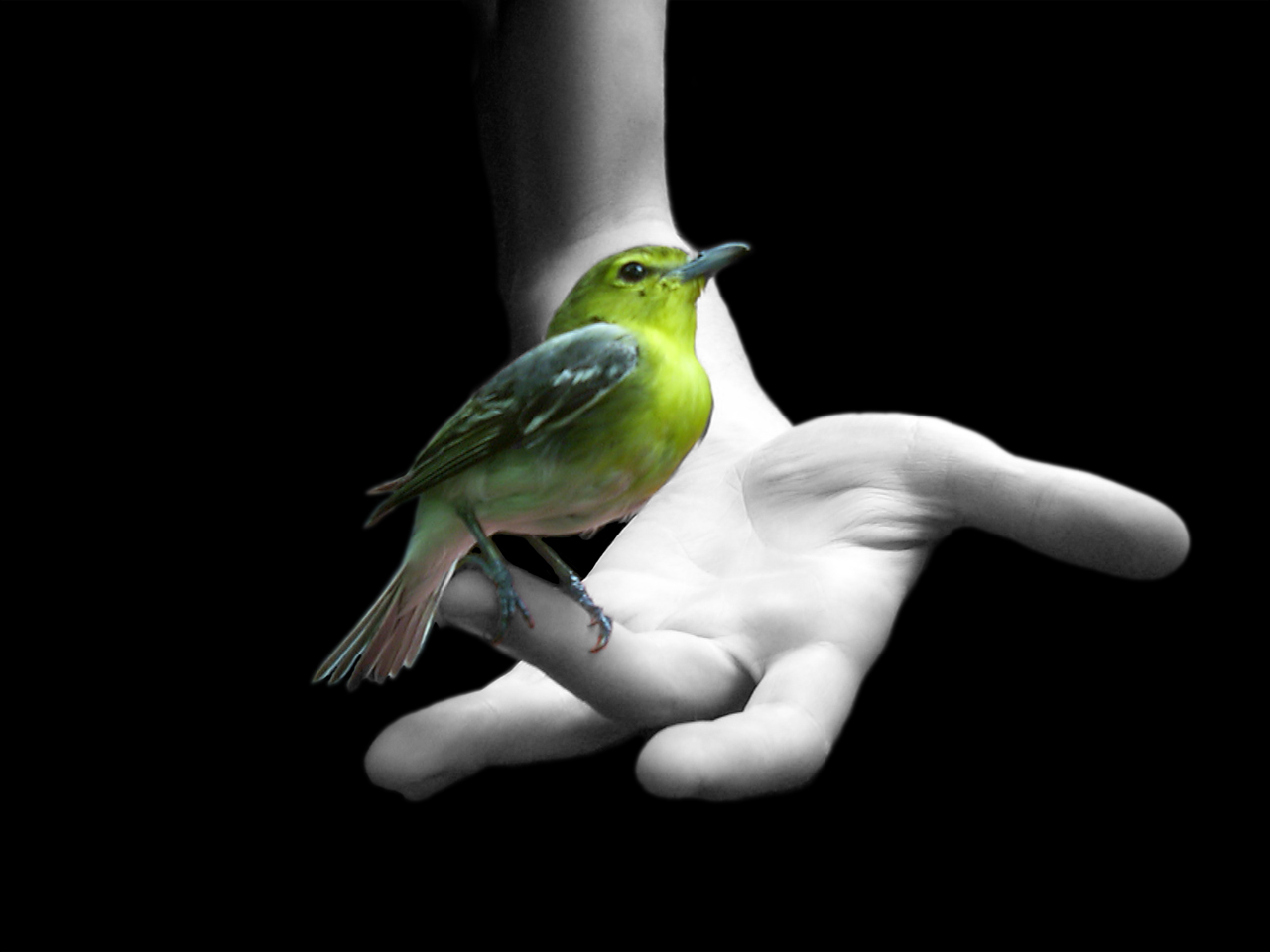“A grain of sand becomes a beach in a millisecond.”
Marta—my client—was talking about her over-reactive, hot-tempered husband who makes mountains out of mole hills. Add suspicion, an appetite for power, and alcohol to the mix and you have a potentially dangerous man. Not long ago, he became just that.
It all started when she walked in the front door. There he stood, arms folded and wearing a scowl. The usual grilling began—demanding to know where she had been. Her explanation fell on deaf ears. He didn’t believe her—never does—that is, unless her story agrees with his. He was convinced she had been spending time with another man.
As is often the case, Marta tried—desperately—to get him to believe her. It didn’t work. He just got nastier . . . then . . . he hit her. Serious bleeding resulted. She did not file a police report. Why? Because she’s locked into the habit of appeasing him. He’s her priority.
There’s another reason. Marta second-guesses herself. When she’s the target of someone’s anger, or when accused or badgered, her knee jerk reaction is to believe it’s somehow justified. So, along with thousands of other abuse victims, she believes she can make him treat her better by changing something about herself.
In our session, Marta unloaded example after example of verbal and emotional abuse. But at the time of those incidents, Marta was in a state of denial. She didn’t want to see it so she minimized or excused it. She even followed his lead and blamed herself.
But fooling herself had now become an impossibility. He had crossed a line, and—long overdue as it was—it finally opened her eyes.
“Why have you put up with this for so long?” I asked. “I’m not a quitter,” she said.
I don’t call it “quitting” when we decide to leave an abusive relationship. I call it a much needed course correction . . . and an act of loving ourselves.
If Marta’s husband doesn’t love her enough to stop abusing her, shouldn’t she love herself enough to put an end to it? The answer is a clear “Yes!”
Marta’s not alone. Scores of women (and men) are in abusive relationships. It doesn’t usually start out that way. Few people, if any, would go on a second date with an abuser. No, it’s a subtle, progressive thing. Suddenly, we’re there!
And just like Marta, we may shake our heads in disbelief and ask: “How did I get here?” The answers are varied, depending on the individual, but one universal cause is adaptation. If we’re exposed to something long enough, we start to get used to it. Cigarettes comes to mind. At first our bodies recoil—they reject the toxic substance. But with prolonged exposure, our bodies learn to adapt.
Dr. Steven Stosny shared his thoughts and advice on adaptation, anger and abuse in relationships with Oprah’s audience many years ago. His words are as true today as they were then.
As Marta and so many others have discovered, the way out of such relationships requires courage, a hearty dose of self-love and an awakened belief in one’s own value.
Names have been changed to honor client confidentiality

This is scary…as it could be me! Brings up raw emotions.The article is fabulous, though.
If Marta’s experience prevents others from falling into the same trap, it was worth sharing her story. Wonderful.
You hit the nail on the head! You need to learn to love yourself instead of believing your abuser and taking the blame. My heart hurts for Marta because loving yourself can be hard. I’m happy she reached out for help. I think we all need therapy and to learn to love ourselves a little more. We are our own worst critics, especially in life. I hope things are better for her now.
Well said, Alissa. As for Marta, she’s taking the first steps in loving herself—she’s mustering the courage to leave him which, in her case, amounts to making herself the priority for the first time. She’s also letting her friends and family know what’s been going on, thus, she’s receiving support that wasn’t there before. It’s making her doubt herself less.
I really related to Dr Stosny’s description of the silent abuser. I know I felt so silenced and trapped when I was in that experience. One day, it just dawned on me, like it should have been so obvious. I am not a victim! and my life began to change for the better 🙂
Beautiful, Kellie.
Adapting is so dangerous. I once heard an example of how deadly adapting can be that was called the Boiling Frog Theory. It’s something to keep in mind for those of us prone to putting ourselves at the bottom of the list of priorities.
http://en.wikipedia.org/wiki/Boiling_frog
Thanks Marty. I’ve talked about the Boiling Frog Theory before, but never thought it could be googled! Thanks again
When one adapts, this choice feeds the unwanted behavior. If one chooses not to take on the other’s problems, it provides one with opportunity to face his own insecurity monsters. The healthy choice is an opportunity for both individuals to love themselves. Thank you, Salee. You provided me with the opportunity to face my own adaptation monster. Hugs!!
So well put, Tina! Thank YOU!
Thank you Salee. As my very wise father always taught me….baby steps, and look forward, not in the rear view mirror.
I love that! Thanks Jill